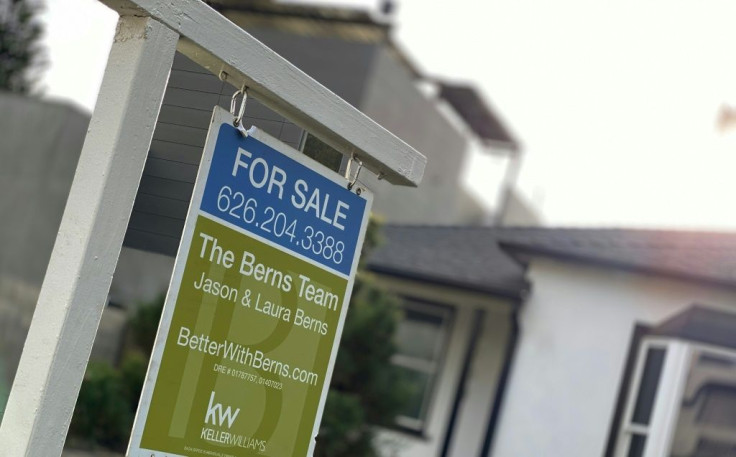Real Estate News: When Will It Be A Buyer's Market Again? What Experts Predict For 2023 And Beyond
Many Americans eager to break into the housing market in 2022 found themselves sidelined as interest rates climbed in an effort to tame inflation, as well as steep prices due to a lingering housing shortage.
But some experts feel the tide could be turning, though there still may be an extended wait before it is truly a "buyer's market" once again.
Many factors impacting the housing market remain unclear, including how the Fed handles interest rates, construction of new homes, and how many owners sat on their homes when rates tumbled at the beginning of the COVID-19 pandemic. With fewer homes on the market for sale, prices aren't likely to reach steeper declines. A recent outlook from U.S. News and World Report cited how the housing market still strongly depends on how mortgage rates perform. If they decline faster than predicted, home prices would likely remain mostly flat through the end of 2024.
While the wait for a buyer's market could last until 2025, a Zillow Home Price Expectations Survey in September 2022 showed that a market shift could come as soon as this year. In a survey of 107 experts, 56% felt that a big shift in favor of buyers would happen sometime in 2023, while 24% said it would come in 2024. But 13% expected the market to favor buyers in 2025, and 8% expected it would not happen until 2026 or some other time in the next five years.
"I think 2025 is a very healthy estimate for when the switch will begin to happen and be able to put home buyers back in the proverbial driver's seat," Ari Rastegar, CEO of Rastegar Property Company, told International Business Times. "In fact, I think it could happen a little bit sooner."
Rastegar said that cautious optimism comes into play because there has been some deflation already with interest rates lowered and the latest Consumer Price Index reports showing that inflation is starting to ease. Rates could still be raised by the Fed, but things are likely on the right path for the market to swing back in favor of buyers between 2023 and 2025.
"The fundamentals are indicating that we are on a downward trajectory and in the coming end of 2023, to 2024, and with a high degree of certainty in 2025, we'll be back going into a pretty strong bull market," he added.
Others seem to feel similarly and encourage those who have been sitting on the sidelines to actually buy sooner rather than later if they're able, before competition ramps up again.
"If you have been on the margins and could not get your offer accepted in the past two years, now is the time to move," Sir Ashley Harrison, a North Carolina-based real estate broker, told Yahoo Finance. "Although interest rates are a little higher, you're not competing with as many people."
Of course, the trend may not be true in all markets, as some may still have a harder time with price reductions on homes because of a lack of availability on the market. With many sitting on homes purchased at a lower rate, in some cases, the biggest hope may be newer construction builds, but severe labor shortages from even before the pandemic and supply chain disruptions since then have pushed prices for building materials higher.
As a result of this combination of factors, the U.S. remains stuck in a major housing shortage, with a Pew Research Report from 2022 citing a shortage of about 3.8 million homes in 2020.
CNBC reported an even higher shortage in September 2021, stating that data had found the U.S. was short 5.24 million homes at the time.
"The pandemic has certainly exacerbated the U.S. housing shortage, but data shows household formations outpaced new construction long before Covid. Put simply, new construction supply hasn't been meeting demand over the last five years," Realtor.com chief economist Danielle Hale told CNBC.
Experts have warned it could take as long as 10 years to close that gap, which could also have some effects on the market. Some experts had previously warned that the combination of shortages, still high prices and a lack of available homes would undoubtedly lead to 2023 being another year that wouldn't be great for buyers, and that the Federal Reserve would likely not ease up on hiking rates until 2024.
"The market for 2023 will be weak until then," Robert Dietz, chief economist for the National Association of Home Builders, told USA Today in October. "Home prices will remain high and supply will be low."

© Copyright IBTimes 2024. All rights reserved.





















